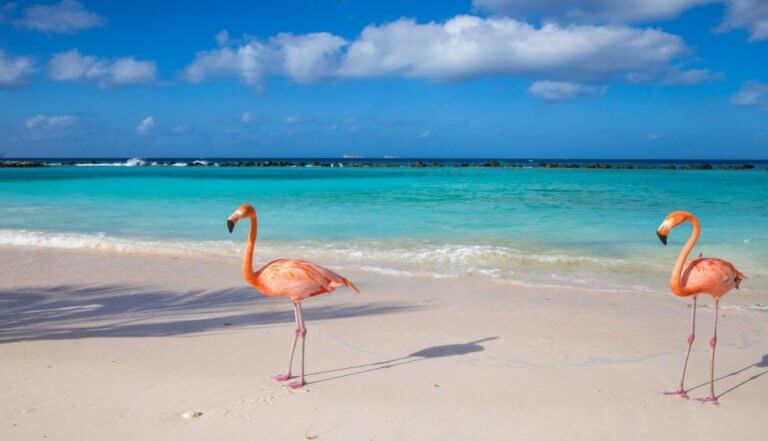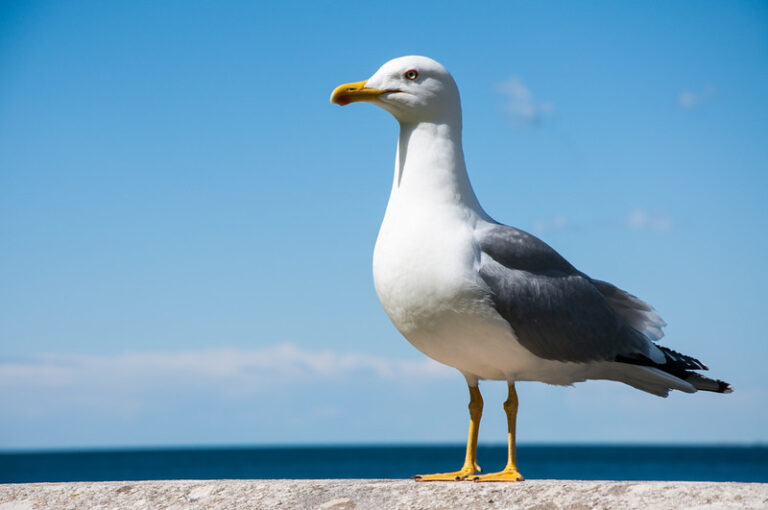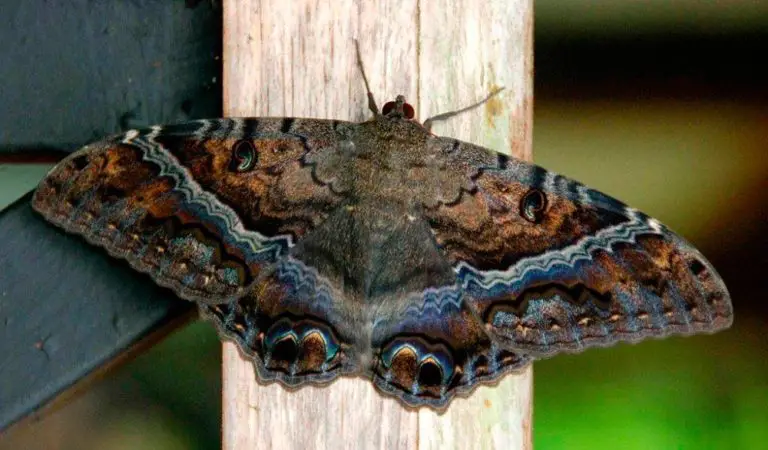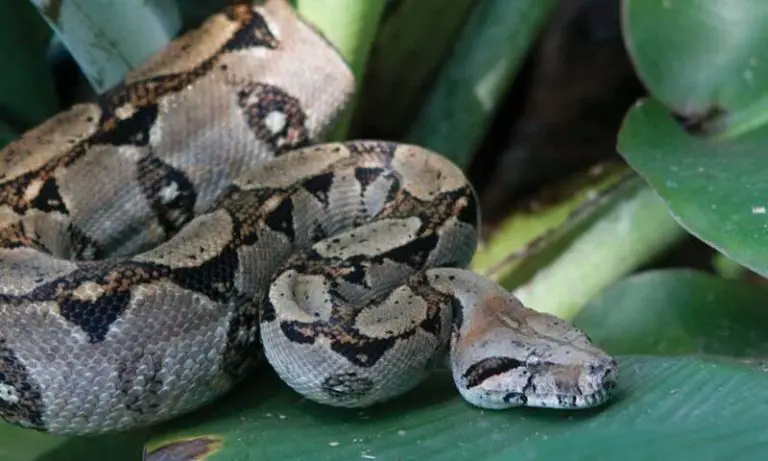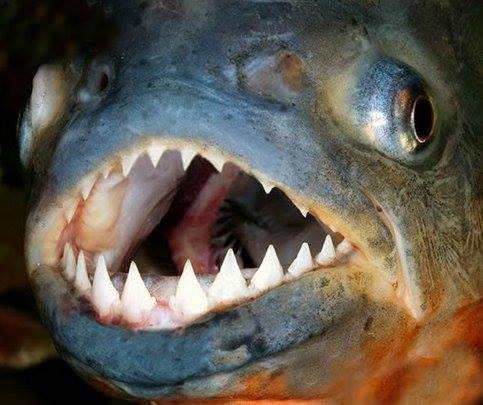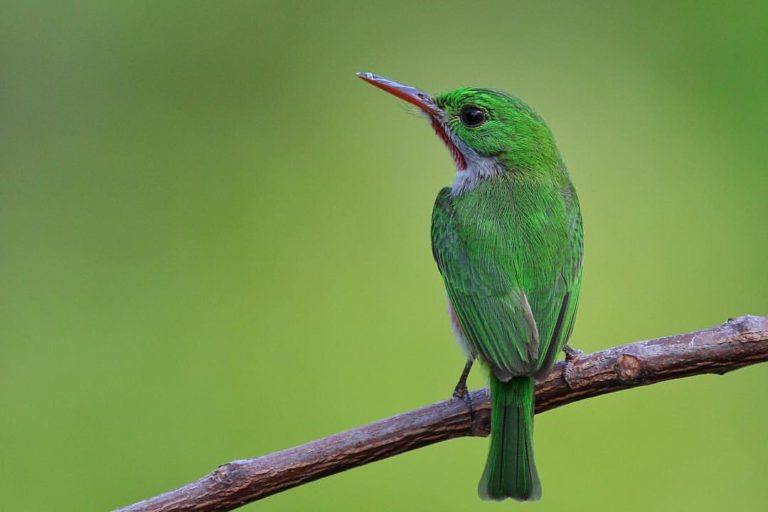Do Crocodiles in Dominican Republic Attack People? (Solved)
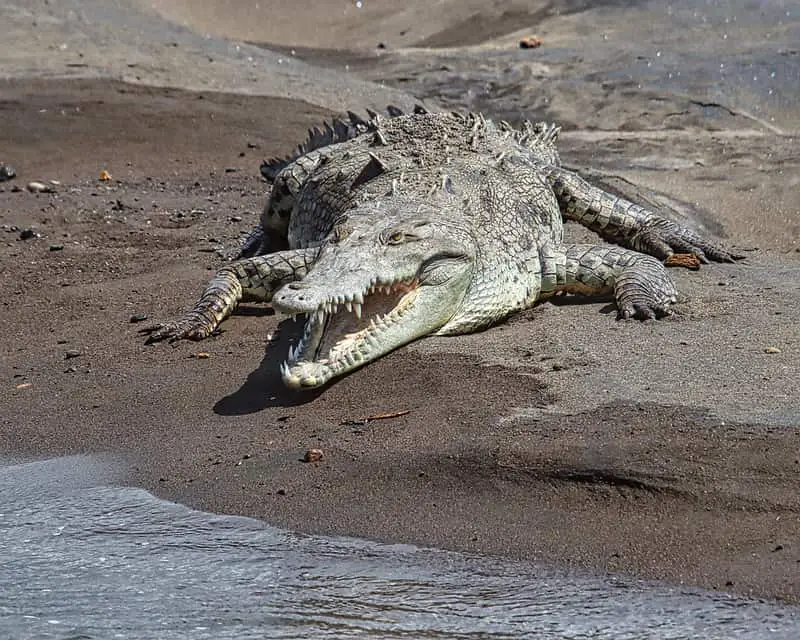
In case you didn’t know, there are crocodiles in the Dominican Republic. One of the various species that inhabit Enriquillo Lake is the American crocodile (Crocodylus acutus).
Although Lake Enriquillo is known as the only place in the country where crocodiles live naturally, there have also been very rare cases of crocodiles appearing on the banks of rivers and streams in urban settlements, even in the city of Santo Domingo itself it happened once.
Incredible as it may seem, crocodiles do not attack people in the Dominican Republic, in fact, they are quite calm animals, although it must be taken into account that since they are wild animals, they must be respected and cared for.
A crocodile could attack in the case of being disturbed or harassed, it is also possible that some adult male crocodiles cause havoc in a community by attacking animals and pets.
The fame created around their dangerousness and their “people-eating” condition is not really true, since of the 23 species of crocodiles that populate the world’s waters, only two are really dangerous, such as the Nile crocodile (Crocodylus niloticus) and the saltwater crocodile (Crocodylus porosus).
Lake Enriquillo, home to the largest population of crocodiles in the Dominican Republic, is an example that “coexistence” between people and these reptiles is possible.
Although the site has little human impact, during the season when the fish are plentiful, fishermen are often present.
They use rafts to enter the lake or fish from dry logs in the water, sometimes in the middle of the crocodiles.
The park rangers also get very close to the crocodiles when they push the boat with tourists from the water, but there has never been a crocodile attack.
Personally, I have also visited Lake Enriquillo in previous years, and I have been able to be relatively close to the crocodiles and notice their calmness, of course, I kept a safe distance, but I could perceive that they are not aggressive animals.
It is not to minimize the risks of approaching these reptiles, but the truth is that all carnivorous animals tend to show an aggressive attitude when disturbed or attacked.
The only viable population of the American crocodile is found in Lake Enriquillo, although there are some specimens in the Montecristi area and in Lake Azuei, in Haiti.
According to a study done by the Department of Wildlife in the Dominican Republic, towards the end of the 1990s, the crocodile population in the lake amounted to 500 specimens, half of them being juveniles (less than 1.50 m or five years old).
At that time there was good surveillance in the lake and there were few problems between people and crocodiles.
How did the crocodiles arrive at Enriquillo Lake in the Dominican Republic?
Thousands of years ago there was a marine channel in the Neyba Valley in the Dominican Republic that linked Barahona with Port-au-Prince, Haiti.
Due to the last glaciation, the ice that thawed increased the oceans producing a bay in an area teeming with crocodiles.
Thousands of years later, as the sediments of the Yaque del Sur River dropped, it caused the bay to “close”, allowing the crocodile population to be trapped in this new ecosystem that we know today as Lake Enriquillo.
Is there any information on crocodile attacks in the Dominican Republic?
The American crocodile is not an aggressive animal compared to other species of the reptile. However, there were three fatal attacks in Costa Rica during 1999 and one in Jamaica of the same species.
In all species of carnivores, there are individuals that can cause serious problems, especially the male crocodiles, of advanced age and large size.
On the shores of La Descubierta, there used to live a male that people called “El pasajero” (the passenger) who on several occasions grabbed dogs and ate them.
Also many years ago a boy was attacked by a crocodile when he was bathing in the lake in front of La Azufrada. But in recent years there have been no serious incidents in this way.
Resources:
Spanish interview with Crocodile biologist Andreas Schubert by local newspaper listindiario.

